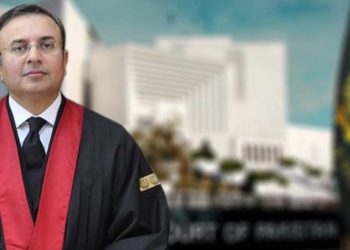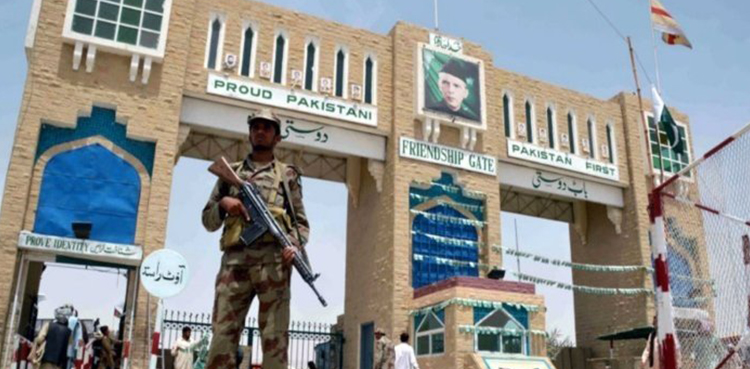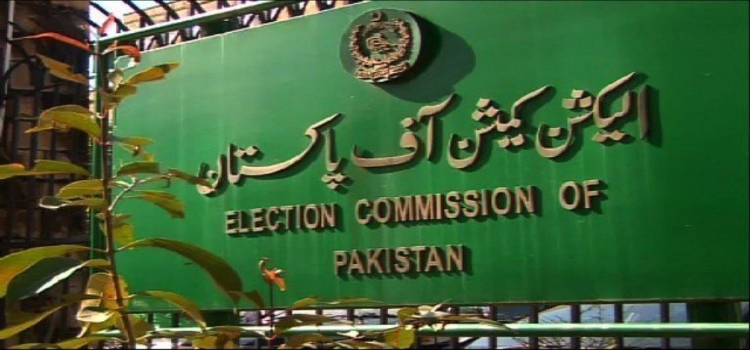The DNA matching of Pakistan International Airlines (PIA) crash victims will be completed in six to eight days, said International Centre for Chemical and Biological Sciences (ICCBS) Director Dr Iqbal Choudhary on Thursday.
According to the provincial health minister, the identification process of 47 of the 97 crash victims has been completed and the bodies of 43 deceased have been handed over to their respective families.
The provincial disaster management authority had informed that it had also begun the process of identifying the deceased through forensic odontology.
Another six of the deceased will be handed over to their families on Thursday, after the completion of medico-legal formalities, she added.
According to Dr Choudhary, 12 DNA matches have been confirmed thus far and Sindh Health Minister Dr Azra Pechuho was in constant contact with the ICCBS regarding the identification process.
On Tuesday, PDMA Dental Investigator Dr Humayun Taimoor said that the authority had begun identifying the deceased through forensic odontology.
Forensic odontology – or dental examination – relies on the shape and treatment of the victim’s teeth as well as their dental records.
One of the deceased had been identified using this process and work was ongoing for the identification of the other victims, he added.
He said that this method provides swift results, without room for errors. He was flanked by PDMA Deputy Director Muhammad Shayyan Shah.
Families of 21 victims had provided dental records and the data will be used to examine the bodies. He had appealed to the families of the victims as well as their respective dentists and dental surgeons to provide the dental records of the deceased as soon as possible.
Elaborating further, Dr Taimoor had referred to the three primary scientific methods used for identifying disaster victims as listed in the Interpol’s Disaster Victim Identification Guidelines – DNA testing, odontology and fingerprints.
However, the first is time-consuming and the third is inapplicable due to the condition of the bodies, said Dr Taimoor. Forensic odontology was used earlier as well to identify the victims of the PIA plane crash near Havelian in 2016, he informed.
According to the Interpol’s guidelines, teeth provide one of the most reliable forms of identification as they are highly durable and most people have dental records.
Dr Taimoor had informed that this work is being carried out on the directives of the federal government and with the collaboration of the provincial government, which had provided mobile units equipped with modern facilities for the identification process.
According to Dr Pechuho, the samples of 54 deceased and 59 family members had been sent for DNA testing by Wednesday.
Meanwhile, a Pakistan International Airlines spokesperson stated on Wednesday that five bodies had been taken by relatives directly from the hospital, while the DNA reports of 54 bodies, currently at the Edhi and Chhipa morgues, were still pending.

















































